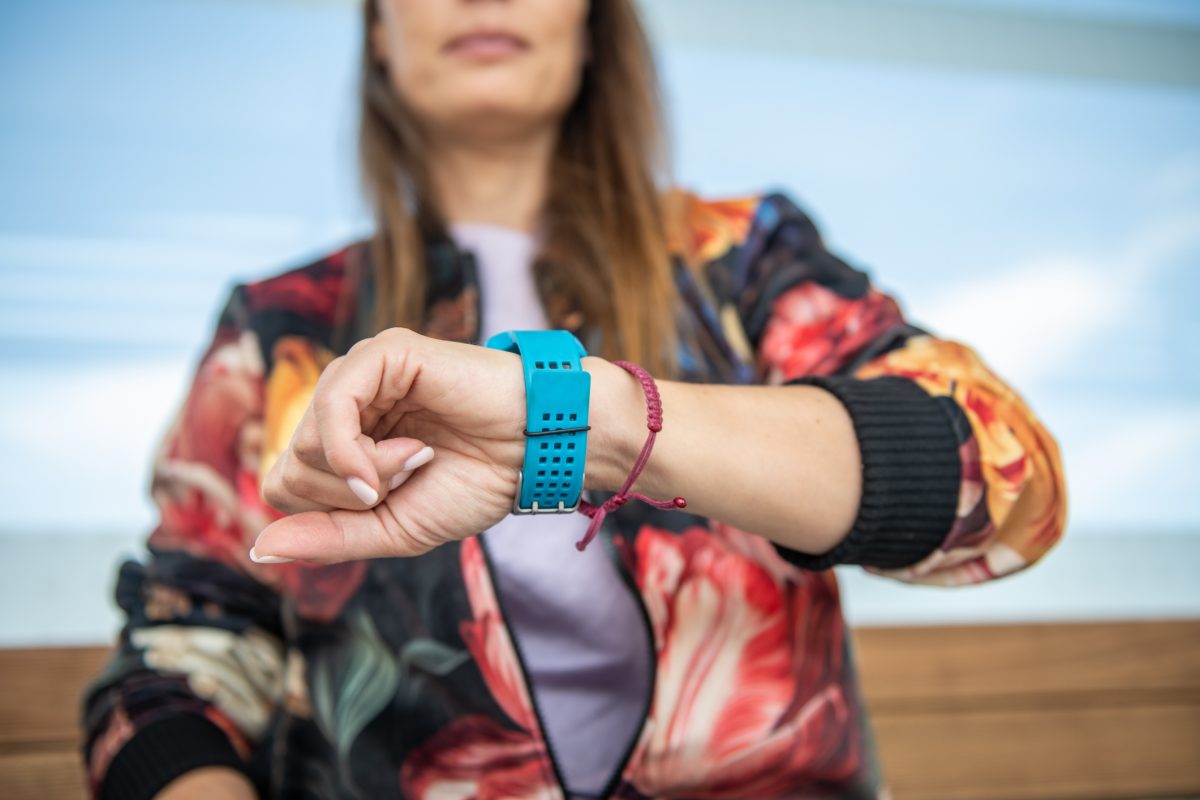There seems to be no limit to the benefits exercise brings to our bodies, from improving our heart health and strengthening our muscles and metabolism to boosting life-giving oxygen to our brains.
Yet, what might be most impressive of all is the effect exercise has on cancer.
But if you have to choose between a long, brisk walk and a faster, more intense exercise session, which one delivers the best cancer defense?
Well, I’ll answer that question this way…
Got 30 minutes?
One bout of exercise slashes cancer
Research out of Edith Cowan University has revealed that even a single vigorous 30-minute workout could be the key to slashing cancer cell growth in breast cancer survivors.
To prove this, the scientists measured myokine levels before, immediately after, and 30 minutes following a single bout of either resistance or high-intensity interval training in breast cancer survivors.
But first: Why myokines — and why breast cancer survivors?
Myokines are proteins produced by muscles and have known anti-cancer properties.
But while myokines are significantly produced during exercise in healthy people, the researchers weren’t sure if the same would hold true for breast cancer survivors.
To their delight, the team found that both sets of exercise led to a potent increase in myokine levels for the breast cancer survivors, which could reduce cancer growth by 20 to 30%!
“The results from the study show that both types of exercise really work to produce these anti-cancer myokines in breast cancer survivors. The results from this study are excellent motivators to add exercise as standard care in the treatment of cancer,” says researcher Francesco Bettariga.
Body composition tames inflammation
The reason exercise proved so powerful against cancer in this study wasn’t limited to the significant myokine boost gained from a quick 30-minute workout.
The same researchers delved into how improving body composition through regular physical activity could reduce the inflammation that drives cancer, and plays a key role in breast cancer recurrence and mortality by promoting tumor growth.
The team demonstrated that reducing fat mass and increasing lean mass, through consistent and persistent exercise, significantly improved cancer survivors’ ability to reduce inflammation.
In fact, they found that using exercise to change body composition was the way to go compared to other fat loss strategies, pointing out that, “You never want to reduce your weight without exercising, because you need to build or preserve muscle mass and produce these chemicals that you can’t do through just diet alone.”
Building a cancer-fighting body
So if you want to grab all the cancer-reducing benefits that exercise has to offer, be sure to set up a regular, long-term exercise program that can improve your body composition and decrease inflammation over time.
If you’re recovering from cancer, talk to your doctor about getting started. You may need to start slowly before easing into the 30-minute sessions that were shown to be effective in the study.
But previous research has shown exercise can even make cancer treatments, like chemotherapy, more bearable.
If you’re on medication, also check with them about taking a creatine supplement. It shouldn’t interfere with anything, but if you’re a cancer survivor, it’s always good to let your physician know these things.
Why creatine?
Dr. Richard Kreider, professor and director of the Exercise and Sport Nutrition Lab at Texas A&M University, has spent over 30 years investigating the effects of creatine.
He says, “When the body is stressed, like in exercise or under metabolic conditions like some diseases, creatine phosphate is needed to maintain energy in the cell, and therefore has a lot of protective and health benefits, in addition to the exercise performance effects that have been seen.”
Creatine also protects against the loss of muscle mass, decreases markers of inflammation and possibly attenuates cancerous tumor growth progression.
Sources:
The 30-minute workout that could slash cancer cell growth by 30% — ScienceDaily
Anti-Inflammatory and Anti-Catabolic Effects of Creatine Supplementation: A Brief Review — Journal Nutrients
Read full article here


